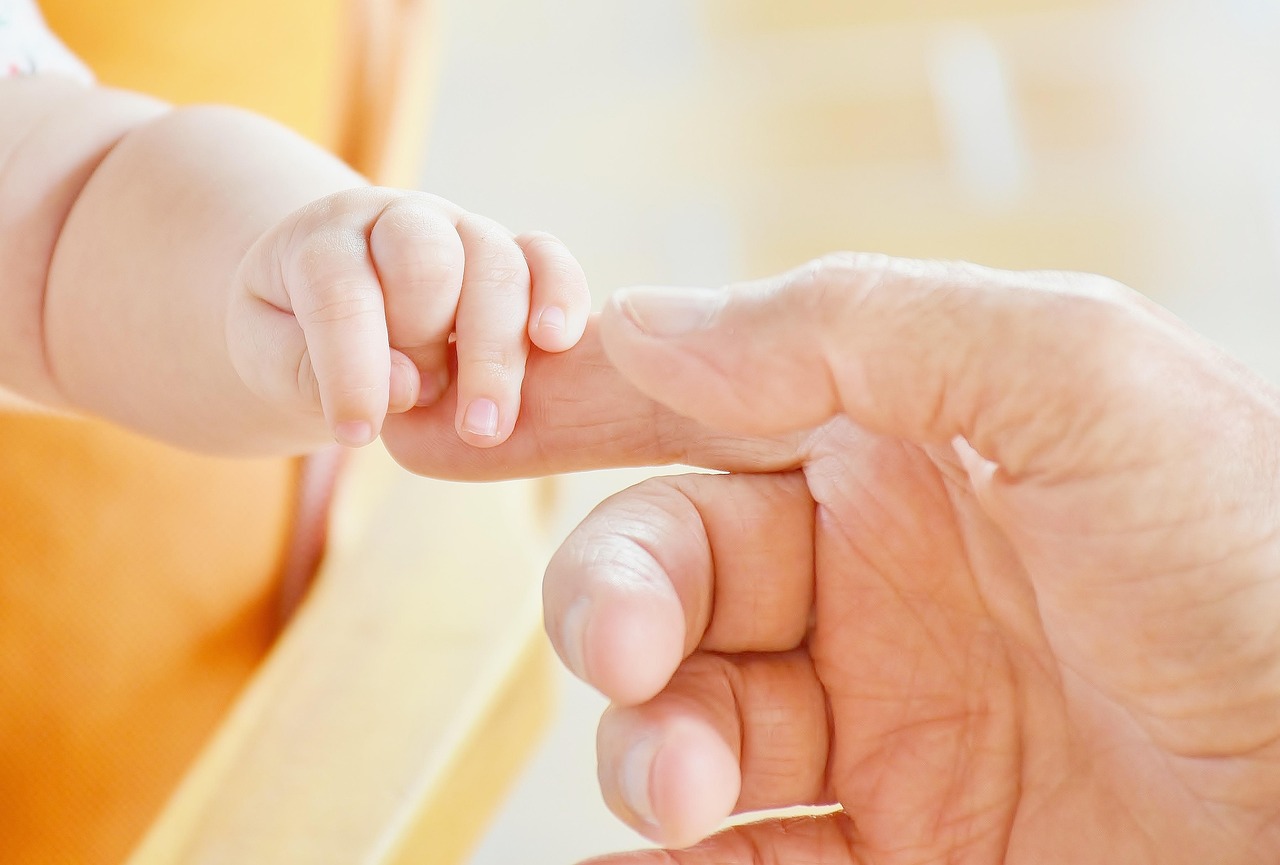Navigating the complex landscape of relationships, whether romantic, familial, or platonic, requires more than just affection. It demands conscious effort, open communication, and a willingness to evolve together. Relationship growth isn’t a passive occurrence; it’s an active journey of mutual understanding and support, leading to deeper connections and lasting bonds. This blog post explores the key elements of relationship growth, providing practical strategies and insights to help nurture your relationships and watch them flourish.
Understanding the Foundations of Relationship Growth
Communication: The Cornerstone of Connection
Communication is arguably the most critical element in any successful relationship. Effective communication isn’t just about talking; it’s about actively listening, understanding, and responding thoughtfully.
- Active Listening: This involves fully concentrating on what the other person is saying, paying attention to their body language and tone, and reflecting back what you hear to ensure understanding. For example, instead of interrupting your partner, try summarizing their point before offering your own perspective.
- Honest and Open Dialogue: Creating a safe space where both individuals feel comfortable expressing their thoughts and feelings without fear of judgment is crucial. This includes sharing vulnerabilities and being transparent about your needs. Studies show that couples who communicate openly are significantly more satisfied in their relationships.
- Non-Violent Communication (NVC): This approach focuses on expressing observations, feelings, needs, and requests clearly and empathetically. For instance, instead of saying “You always leave your clothes on the floor,” try “I feel frustrated when I see clothes on the floor because I need a tidy space. Would you be willing to put them in the laundry basket?”
Trust: Building a Solid Base
Trust is the bedrock upon which strong and healthy relationships are built. It involves believing in the other person’s reliability, integrity, and loyalty.
- Consistency: Demonstrating consistent behavior over time is essential for building trust. This means following through on promises and being reliable in your actions.
- Transparency: Being open and honest about your actions and intentions helps foster a sense of security and trust. Sharing your thoughts and feelings, even when difficult, can strengthen your bond.
- Repairing Trust After a Breach: Trust can be broken, but it can also be rebuilt. This requires acknowledging the hurt caused, taking responsibility for your actions, and demonstrating a genuine commitment to change. Rebuilding trust takes time and effort, but it’s possible with consistent effort and open communication.
Nurturing Emotional Intimacy
Vulnerability: The Key to Deep Connection
Vulnerability involves sharing your true self with another person, including your fears, insecurities, and hopes. It’s about allowing yourself to be seen and accepted for who you are.
- Creating a Safe Space: Establishing a relationship where both individuals feel safe to be vulnerable is crucial. This requires empathy, acceptance, and a commitment to non-judgment.
- Sharing Personal Stories: Sharing personal stories and experiences can help build intimacy and understanding. This could include sharing your childhood memories, your dreams for the future, or your biggest fears.
- Being Present and Attentive: Being fully present and attentive when your partner is being vulnerable can create a sense of connection and trust. Put away distractions and focus on truly listening to what they have to say.
Empathy: Walking in Their Shoes
Empathy is the ability to understand and share the feelings of another person. It involves putting yourself in their shoes and seeing the world from their perspective.
- Active Listening: Paying close attention to what the other person is saying and trying to understand their perspective.
- Validating Their Feelings: Acknowledging and validating their feelings, even if you don’t necessarily agree with them. This can be as simple as saying, “I understand why you feel that way.”
- Offering Support and Understanding: Offering support and understanding, rather than judgment or criticism. This can involve offering a listening ear, a shoulder to cry on, or practical assistance.
Embracing Change and Growth
Adapting to Life’s Transitions
Relationships are dynamic and constantly evolving. As individuals grow and change, so too must their relationships.
- Open Communication: Maintaining open communication about individual changes and needs is essential. This allows both individuals to adapt and support each other through life’s transitions.
- Compromise and Flexibility: Being willing to compromise and adapt to changing circumstances is crucial for maintaining a healthy relationship.
- Seeking Support: Seeking professional support, such as couples counseling, can be helpful during times of transition. A therapist can provide guidance and support to help navigate challenges and strengthen the relationship.
Individual Growth: Supporting Each Other’s Development
Supporting each other’s individual growth is crucial for long-term relationship success. When partners encourage and support each other’s personal development, the relationship benefits as a whole.
- Encouraging Hobbies and Interests: Supporting each other’s hobbies and interests, even if they are different from your own.
- Promoting Personal Goals: Helping each other pursue personal goals and dreams. This could involve offering encouragement, providing practical support, or simply being a cheerleader.
- Celebrating Successes: Celebrating each other’s successes, both big and small. This helps foster a sense of appreciation and support. Studies show that couples who celebrate each other’s successes experience increased relationship satisfaction.
Overcoming Challenges Together
Conflict Resolution: Turning Disagreements into Opportunities
Conflict is inevitable in any relationship. However, how you handle conflict can either strengthen or weaken your bond.
- Healthy Communication Strategies: Learning healthy communication strategies, such as active listening, empathy, and assertive communication, can help resolve conflicts constructively.
- Compromise and Negotiation: Being willing to compromise and negotiate to find solutions that work for both individuals.
- Seeking Professional Help: Seeking professional help from a therapist or counselor can provide guidance and support in resolving persistent conflicts.
Forgiveness: Letting Go of Resentment
Forgiveness is a crucial element in relationship growth. Holding onto resentment can damage the relationship and prevent healing.
- Understanding the Impact of Hurt: Acknowledging and understanding the impact of the hurt caused by the other person’s actions.
- Choosing to Forgive: Making a conscious decision to forgive the other person, even if their actions were deeply hurtful. This doesn’t mean condoning their behavior, but rather choosing to release the anger and resentment.
- Moving Forward: Moving forward with a renewed commitment to the relationship. Forgiveness is a process, and it may take time and effort to fully heal.
Conclusion
Relationship growth is an ongoing journey that requires commitment, effort, and a willingness to evolve together. By focusing on communication, trust, emotional intimacy, adapting to change, and overcoming challenges together, you can cultivate stronger, more fulfilling relationships that stand the test of time. Remember that nurturing your relationships is an investment in your own well-being and happiness. Take the actionable takeaways discussed in this blog post and start implementing them today to see positive changes in your relationships and build a deeper connection with those you care about.




